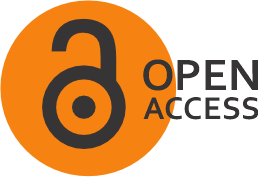Sharia-based financing model for halal tourism destinations

https://doi.org/10.70310/jht.2025.01010604
Abstract
Purpose - This study aims to explore and formulate a Sharia-based financing model to support the development of halal tourism destinations. It addresses the growing need for ethical, inclusive, and contextually relevant financial solutions for small businesses and local stakeholders in the halal tourism sector.
Method/Design/Approach - The research employs a qualitative literature review method, analyzing academic sources, policy papers, and case studies related to Islamic finance, halal tourism, microfinance, and sustainable development. Key databases used include Scopus, Google Scholar, and DOAJ, focusing on publications from 2013 to 2024.
Findings - The study identifies that most halal tourism destinations face challenges in accessing capital due to a lack of tailored financing mechanisms. Sharia-based financing schemes—such as microfinance institutions, Islamic cooperatives, fintech platforms, and productive waqf—offer high potential for addressing these gaps. However, integration between tourism development planning and Islamic financial services remains limited.
Originality/Value -This paper contributes a conceptual model for Sharia-compliant financing in the tourism sector, focusing on empowering local economies and promoting ethical business practices. The findings are valuable for policymakers, Islamic finance practitioners, and tourism planners seeking to develop sustainable and value-based halal tourism ecosystems.
Keywords:
Halal Tourism, Islamic Microfinance, Sharia-Based Financing, Islamic Economy, Sustainable Tourism DevelelopmentLicense
Copyright (c) 2025 The Author(s). Published by Borneo Novelty Publishing

This work is licensed under a Creative Commons Attribution 4.0 International License.
Permission is granted subject to the terms of the License under which the work was published. Permission will be required if your reuse is not covered by the terms of the License.

